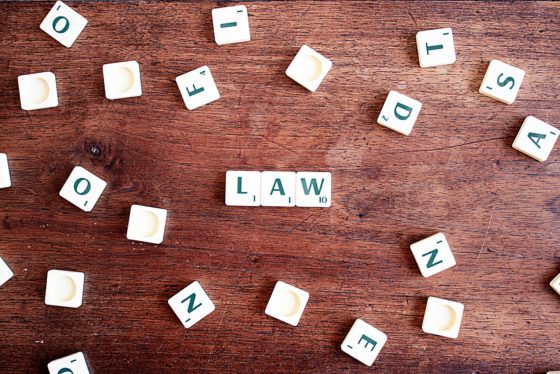
Setting up a small business can be extremely liberating. Being no longer tied down in a contract with an employer who is essentially exploiting you for their own profit is freeing. You can start working towards building your own dreams instead of someone else’s. Now you can decide your own working hours, specialize in a field that genuinely interests you, and make money along the way. Sounds perfect, doesn’t it? But it is important to bear in mind that with such freedom comes a whole lot of responsibility. When you start a small business, there are all sorts of laws that you will have to comply to, and it’s extremely important that you are aware of them. So, to help you along the way, here are a few areas to focus on!
This is a contributed post and do not necessarily reflect the opinions of Meet The Harris Family.
Completing an Accurate Tax Return
A huge number of individuals will never have completed a tax return in their lives. Why? Because the majority of people only ever work as employed individuals, and the company that they are working for automatically deducts tax from their paychecks and completes their taxes on their behalf. However, when you’re a small business owner, you’re going to have to start taking responsibility for filing your tax returns. This is an extremely important matter, as failing to complete a tax return or filing an incomplete or incorrect tax return could result in you being prosecuted with tax evasion.
Accurate statistics in regards to tax evasion are relatively difficult to come by. Figures suggest that around six hundred individuals are convicted of tax fraud and tax related offences on an annual basis. While this is a relatively small number of people, fines and sentences can be high. These are fines for tax evasion on a personal level which can cost you $100,000, and tax evasion on a corporate level can set you back $500,000. You don’t want to risk becoming a member of this small demographic. Now, when it comes to completing a tax return, you have a couple of different options on your hands. The first is to file your taxes yourself.
This will involve documenting your earnings, deducting acceptable costs, and handing over the relevant cash. The better option, however, is to employ the help of a professional accountant. This individual will have a thorough working knowledge of tax-related law and will be able to complete your return without mistakes or misunderstandings.
Familiarize Yourself With Employment Law
You may operate your business entirely alone when you first start up. But as your products or services start to experience higher levels of demand, you will inevitably have to grow and expand. This will involve taking on members of staff at some point or another. Now, staff will prove to be the backbone of your business and can help to take care of administrative tasks. This frees up your time and allowing you to focus on more progressive areas of your small business. Such as product development, networking, and collaborative projects. But you also gain a lot of responsibility when taking them on.
To be sure of all of the boxes you should be ticking to comply with the law when becoming an employer, you should contact Ogletree Deakins. This law firm will be able to brief you in employment diversity, employee contracts, and other areas that you need to know about in order to comply with employment law.
Comply With Health and Safety Regulations
Health and safety is an area of the law that you should keep at the forefront of your mind. Complying to health and safety laws protect you, your employees, and any members of the public that come into contact with your business, goods, and services. It will also protect you from court cases in the future too.
There’s no way to avoid responsibility over others’ health and safety when running a small business. You’re going to come into contact with general members of the public on a daily basis. Now your’e someone who is providing them with employment, products, or services. You automatically gain a level of responsibility over their well being. You can find out everything you need to know about health and safety regulations through the Department of Labor.
This may seem like a whole lot of information to take in. This is just the beginning when it comes to the different laws you have to abide by as a business owner. Hopefully, this will help to get you started off on the right foot!

